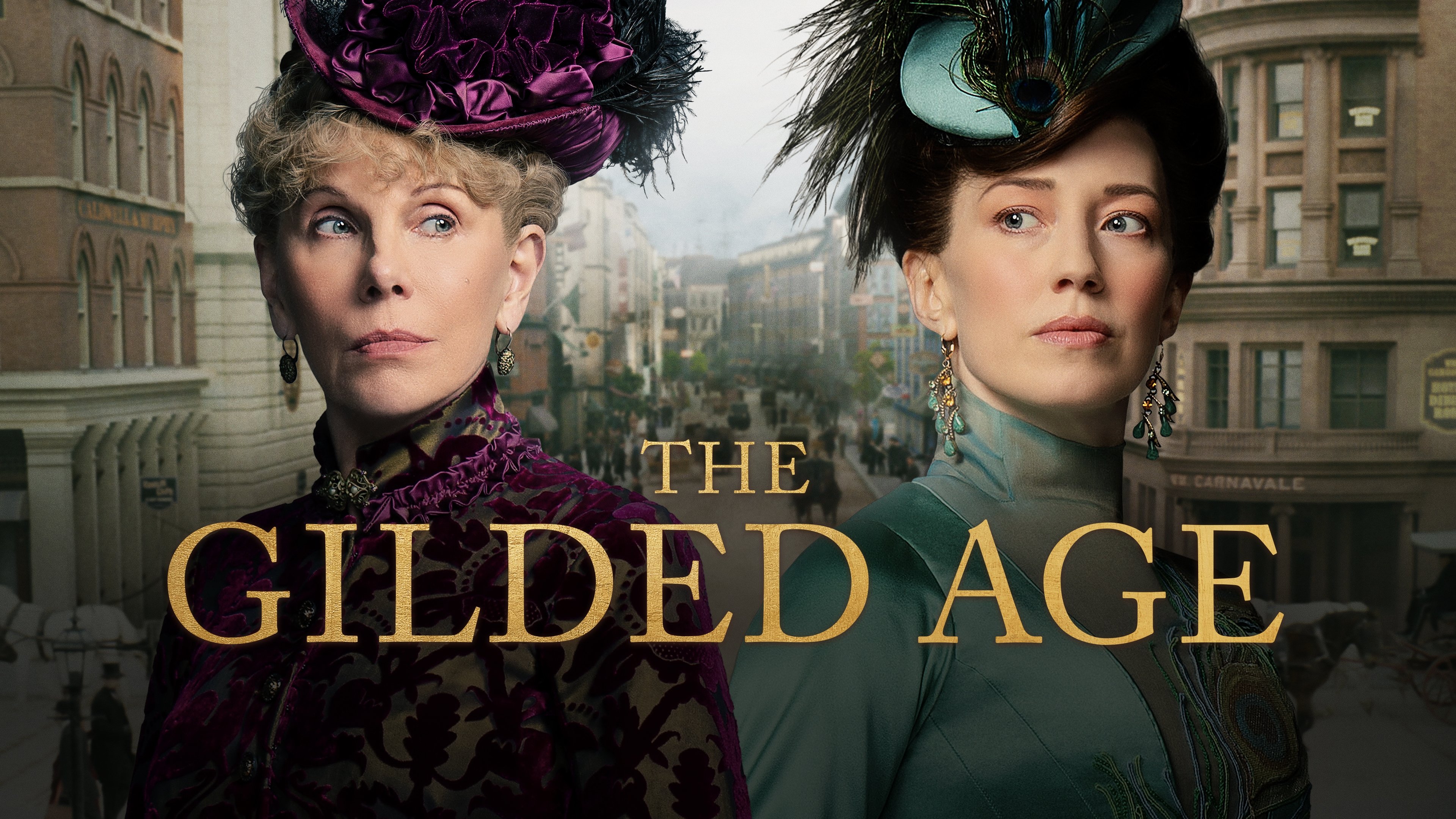 ©The Hollywood Reporter - Karolina Wojtasik/HBO
©The Hollywood Reporter - Karolina Wojtasik/HBOFor example, the July 20th episode drew 4 million viewers in the first three days of its release, surpassing the previous record of 3.8 million (a week earlier). Overall, ratings this season are up about 20 percent compared to season two.
According to Francesca Orsi, executive vice president of HBO programming and head of drama, the network is "proud of the undeniable ratings highs" of the current season. She praised the way Julian Fellowes and the talented team transport viewers to 1880s New York with compelling, must-see episodes each week.
A key narrative element of the current season is the shifting power dynamic between sisters Ada (played by Cynthia Nixon) and Agnes (Christine Baranski). Ada unexpectedly inherits a large fortune from her late husband, which significantly shakes up their social standing and the dynamics between them.
Julian Fellowes, the series creator, expressed his fascination with people who pretend the loss of money and status has no impact before the season began. He argued that Agnes clings to the European idea of "greatness by birth," but the events demonstrate that her worldview is untenable.
Besides Nixon and Baranski, the cast features a diverse group of actors, including Carrie Coon, Morgan Spector, Louisa Jacobson, Denée Benton, Taissa Farmiga, Harry Richardson, and Blake Ritson. The series is a co-production of HBO and Universal Television.
Erin Underhill, president of Universal Television, praised the creative team and emphasized that each episode impresses with historically rich stories, excellent performances, and impressive production. She expressed her satisfaction that both HBO and the global audience "are hungry for more."
The fourth season promises to be another gripping dive into the world of wealth, power and social struggle in late 19th-century New York.






In my opinion, The Gilded Age has truly developed into one of the strongest historical dramas of recent years. The rising ratings are, in my opinion, entirely justified.